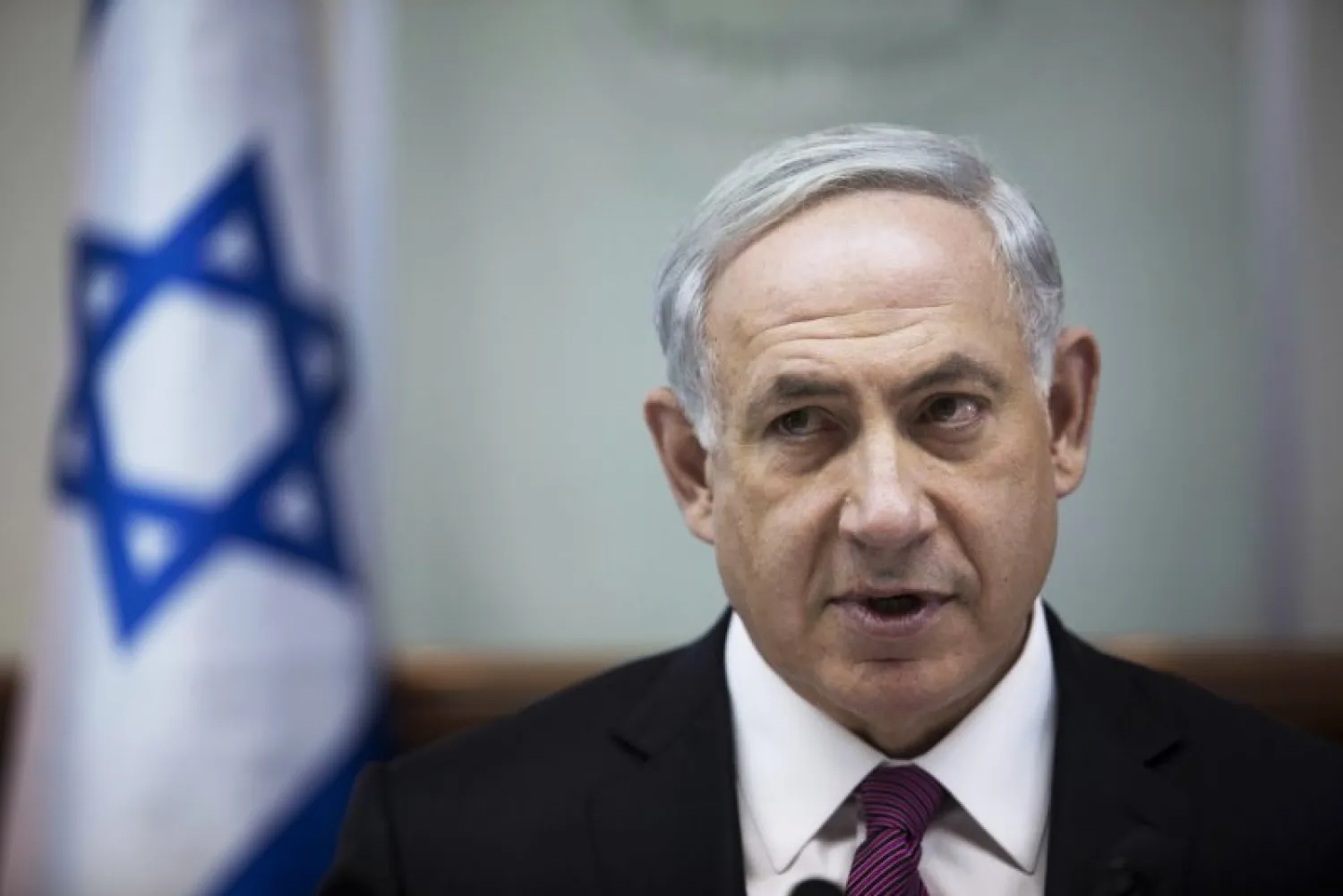Following the failure of talks held by an Israeli delegation in Washington last week, the Israeli Prime Minister’s office announced Sunday that Benjamin Netanyahu will travel to Sochi on Wednesday to meet with Russian President Vladimir Putin and discuss Israel’s demands regarding the latest arrangements in Syria.
Netanyahu believes that Russians are interested in finding a formula for cooperation with Israel in Syria and other countries and have more influence on Iran than the United States, "which threatens Tehran but does not leave the impression that it is involved in radical treatment to reduce its influence in the region,” said a political source in Tel Aviv.
A delegation of high-ranking Israeli defense officials returned from Washington empty-handed last week after it failed to secure a commitment from the Americans to ensure any agreement to end the war in Syria that would include the evacuation of Iranian military forces from the country.
Among the delegation's members were Mossad Director Yossi Cohen, Military Intelligence Directorate (MID) Chief Maj. Gen. Herzi Halevi, head of the Political-Military Affairs Bureau in the Defense Ministry Zohar Palti (former chief of intelligence for the Mossad), Israel's Ambassador to the US Ron Dermer and Deputy National Security Advisor Eitan Ben-David.
During its visit to the US capital, the Israeli delegation met with the heads of the US intelligence community, National Security Council officials and President Donald Trump's envoy to the Middle East Jason Greenblatt.
Israeli intelligence officials said the delegation "presented sensitive, credible and highly disturbing intelligence information," backed by documents and photographs, which showed the ever-growing spread of Iranian influence in Syria.
The US and Russia are currently working to formulate an agreement to bring an end to the fighting in Syria. Thanks to Russian and US understandings on military coordination between them, there has been a decline in the fighting in Syria since May.
The Israeli defense officials' talks with their US counterparts were described as detailed and professional while the atmosphere was described as friendly; Greenblatt tweeted a photo of the participants, without ties or jackets, eating dinner at the home of US National Security Advisor Herbert Raymond McMaster.
However, Israel is still concerned by the prospective agreement since the Americans did not commit to demanding the evacuation of Iranian and Hezbollah forces—allies of Bashar Assad—from the country.
Israel fears Iran and Hezbollah would exploit the situation to turn Syria into a protected state.
During their meetings, the members of the Israeli delegation stressed to their US counterparts, “We rushed here to warn of the deployment of Hezbollah, Iranian and Syrian forces; to explain exactly what's going on there … If you don't become more involved, tougher and more aggressive, you will leave the Middle East to the Iranians, under Russian auspices.”
Israeli officials are concerned that because of the domestic issues beleaguering President Donald Trump and the crisis with North Korea, the United States might decide not to flex its muscles too much in Syria, fold, and leave it at the mercy of Russia, the Assad regime, Iran and Hezbollah.
Israel plans to send a similar delegation to the Kremlin in an effort to convince Russian President Putin to stop the spread of Iranian influence in Syria as part of the upcoming agreement.
At present, the Iranian military forces deployed across Syria include some 500 Iranian soldiers, some 5,000 Hezbollah militants and several thousands fighters from Shi’ite militias from Afghanistan, Pakistan and Iraq.
These forces operate as part of a special corps of the Iranian Revolutionary Guards (IRGC), which was established to fight in Syria. This corps is under the command of the elite Quds Force, which is responsible for the IRGC's foreign operations.
Commander of the Quds Force Qasem Soleimani, who spends a lot of his time in Syria, is working on a special project: Building a separate terminal reserved for Iran and Hezbollah at the Tartus Port.
According to Israeli assessments, Iran and its Shi’ite allies' strength and influence in Syria would increase exponentially if the US and Russia fail to do anything to end Iranian presence in the country.
Hezbollah, meanwhile, has already started creating infrastructure for intelligence collection in the Golan.









